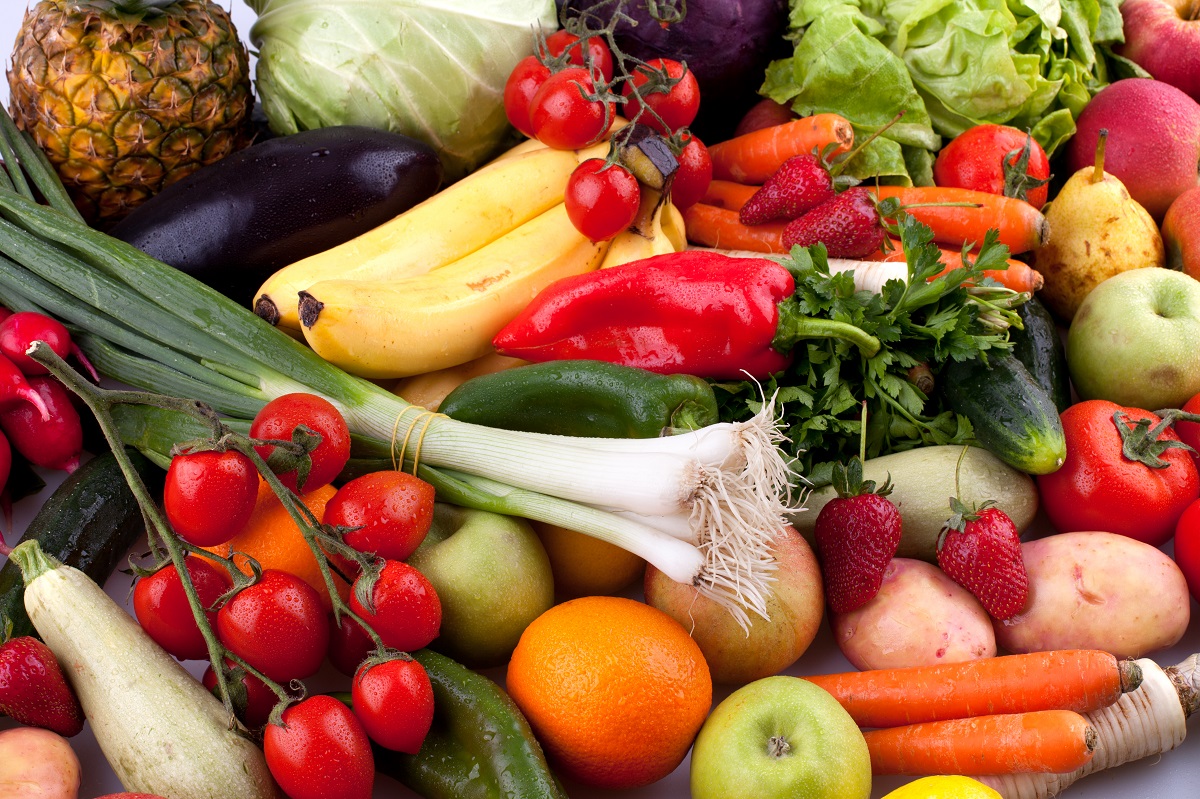- Sustainable food, grown without synthetic fertilizers and pesticides, reduces greenhouse gas emissions and enhances biodiversity.
- Consuming local, sustainably sourced food supports local farmers and contributes to healthier communities.
- Incorporating fresh, sustainable food into your diet can be achieved by planning meals, buying locally, and avoiding processed foods.
- By opting for sustainable food choices, we positively impact our health, support our local community, and protect the environment.
Whether you are just starting your healthy eating journey or someone who has been a health buff for years, there is always something new to learn regarding food and nutrition. One of the most crucial aspects of staying healthy is consuming fresh and sustainable food options. This blog will explore why and how to incorporate fresh and sustainable food options into your daily routine.
The Benefits of Sustainable Food

Sustainable food is grown or raised to protect the environment and preserve natural resources. Sustainable agriculture methods avoid synthetic fertilizers and pesticides, protect soil health, and use water efficiently. There are many benefits to incorporating sustainable food into your diet, some of which include the following four:
Reduced greenhouse gas emissions
Eating sustainable food helps to reduce greenhouse gas emissions, which contribute to climate change. Sustainable farming practices such as crop rotation and natural pest control reduce the need for energy-intensive agricultural methods, thus reducing carbon emissions.
Increased biodiversity
Sustainable agriculture promotes diversity by utilizing different crops and rotational planting techniques. This helps to create a more resilient ecosystem and prevents the depletion of important nutrients in the soil.
Support for local farmers
By purchasing sustainable food from local farmers, you are supporting their livelihoods and contributing to the growth of your community’s economy. This also helps to reduce transport emissions associated with importing food from other regions.
Improved health

Sustainable food is not only good for the environment, but it is also good for our bodies. By avoiding synthetic pesticides and hormones, we reduce our exposure to harmful chemicals and potentially improve our overall health.
When selecting sustainable food, look for organic or fair trade certified produce and meat products that are humanely raised and slaughtered.
Where To Get Sustainable Food
Now that you know about the benefits of sustainable food, you should know where to find them. The good news is that there are many options available for sourcing sustainable food, including the following:
Local farmer’s markets
As mentioned before, supporting local farmers is a great way to promote sustainable food and help your community thrive. Local farmer’s markets are a great place to find fresh produce, meat, and dairy products.
Community-supported agriculture (CSA)
Joining a CSA program allows you to support local farms by purchasing a share of their harvest. This not only ensures that you have access to fresh and sustainable produce, but it also supports small-scale farmers.
Organic food stores
Many stores worldwide now carry a wide range of organic and sustainably produced food options. For example, SuperNature, an organic grocer in Singapore, sources its products from local and regional farms that practice sustainable agriculture. They also provide a variety of organic produce and products from international brands.
Knowing where to get sustainable food is the first step in incorporating it into your diet. By choosing sustainable options, you are not only taking care of your health but also making a positive impact on the environment and supporting local farmers.
How to Incorporate Fresh and Sustainable Food Into Your Diet
There are several ways to include fresh and sustainable food into your diet. Start by buying organic and local produce, and avoid buying processed food with added preservatives and chemicals. Focus on buying fresh produce and lean protein options such as wild-caught fish, grass-fed beef, and organic chicken.
Get creative with your meals by trying out different recipes that use locally sourced fruits and vegetables. If going to a farmers’ market is challenging, try ordering online from organic food stores.
Cost-effective and Time-saving Tips
Incorporating fresh and sustainable food into your diet doesn’t have to be an expensive or time-consuming affair. Plan your meals in advance and purchase only what you need. You can also save money by buying in bulk and buying seasonal produce when it is cheaper. To save time, meal prep on the weekend and freeze portions for later. Focus on buying ingredients that can be cooked in different ways and used in multiple dishes.
Choosing fresh and sustainable food options isn’t just a trend – it’s a lifestyle shift that benefits your personal health and the planet’s health. By consciously choosing to support sustainable agriculture, you are positively impacting the environment, supporting local farmers, and nurturing your body with nutrient-rich food.





